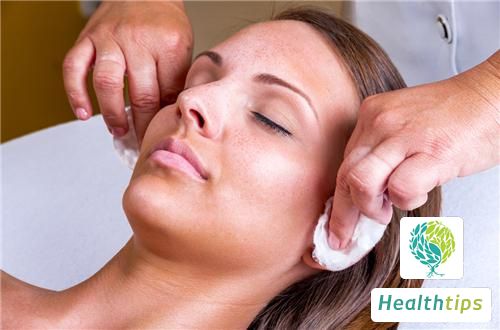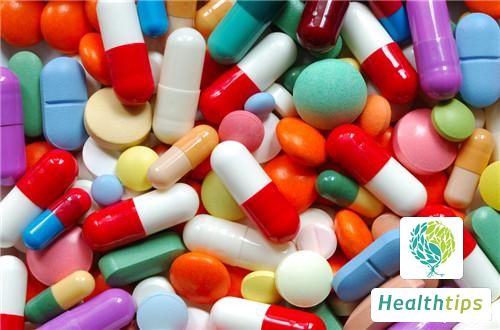Why Do Men Sweat on Their Heads?
For men, excessive sweating on the head is a common occurrence in daily life, and most of the time it is due to physiological reasons. For instance, excessive exercise or hot weather may lead to increased sweating. However, such conditions may also be related to poor physical health or certain illnesses. For instance, physical weakness and nocturnal hyperhidrosis should be taken seriously.

Situation 1: Excessive sweating on the head after meals
Many men often sweat profusely on their heads, especially after lunch. Over time, they may feel thirsty and lose their appetite. Reducing food intake and eating a bland diet can help alleviate the symptoms. Alternatively, taking digestive medication may also be beneficial. If accompanied by feelings of heaviness and weakness in the limbs, body heat, gastric discomfort, and a thick, yellow, and greasy tongue coating, it may indicate damp-heat in the spleen and stomach. In such cases, a bland diet is recommended.
Situation 2: Excessive daytime sweating
Men who sweat excessively during the day often exhibit symptoms such as physical weakness, lack of energy in speech, poor appetite, and susceptibility to colds. These are primarily manifestations of qi deficiency. Such men can eat more foods like yam, soy milk, beef, and mutton to nourish their bodies and alleviate symptoms. Exercise, such as practicing Tai Chi in the morning or doing gymnastics, can also help improve their physical condition.
Situation 3: Nocturnal hyperhidrosis
Men who sweat excessively at night often experience symptoms such as hot palms and feet, anxiety, flushed cheeks, dry mouth, and thirst. These are primarily manifestations of yin deficiency. Such men can choose foods that nourish yin, such as lily bulbs and snow pears, and avoid spicy and hot foods like mutton, onions, scallions, ginger, and garlic. Drinking infusions made from radix ginseng, radix ophiopogonis, schisandra, or American ginseng can also be beneficial.



















